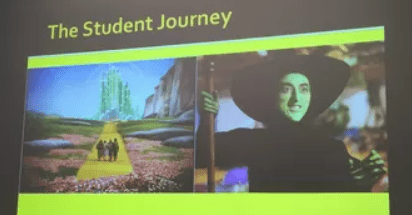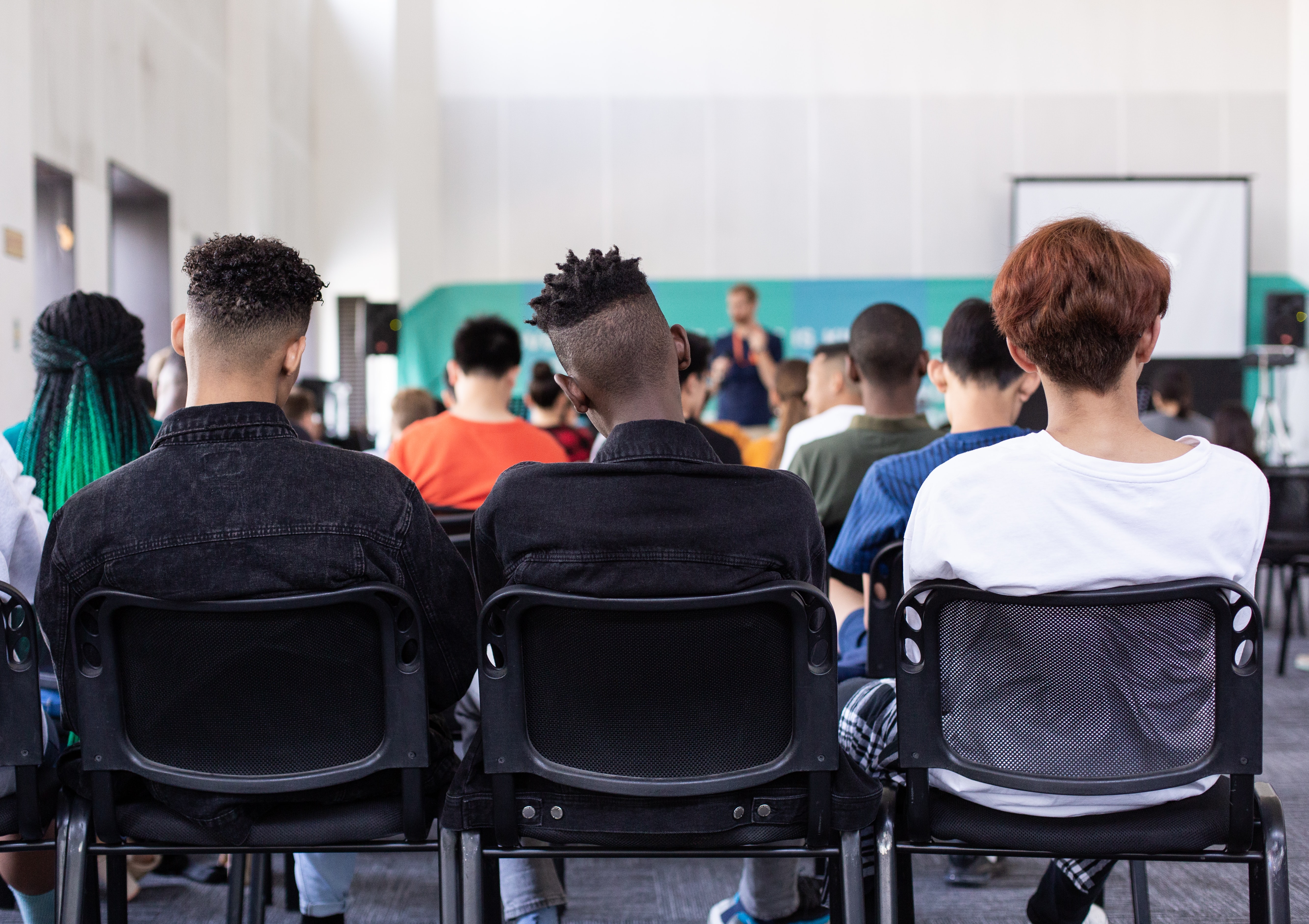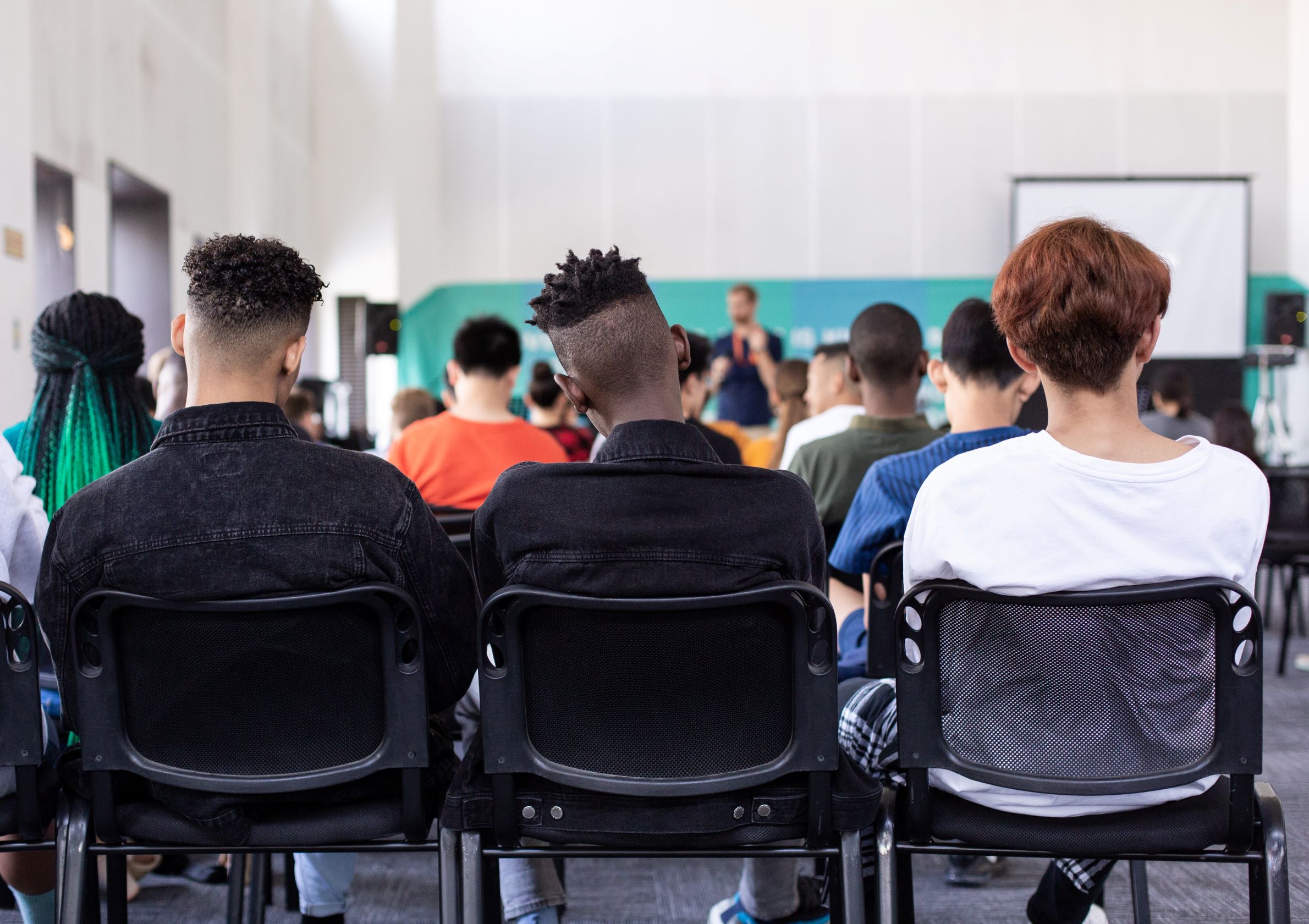In this post, Colleen McKenna reflects on recent conversations about diversifying aspects of the curriculum across the School.
These are outsiders, always. These stars—
these iron inklings of an Irish January,
whose light happened
thousands of years before
our pain did; they are, they have always been
outside history… (Eavan Boland ‘Outside History’ ll. 1-6)
A recurring motif in Eavan Boland’s poetry is the re-imagining of the outsider and the voiceless. Through her writing, Boland gives voice to those traditionally on the margins.
Over recent weeks, through workshops and discussions, I’ve found myself in conversations about ways in which colleagues are working to diversify curricula and enhance inclusivity and ensure that as wide a range of voices as possible is represented in courses and programmes. In this post, I consider some of the current themes and questions being explored.
At the start of May, colleagues from a number of departments came together in an Exchange of Practice workshop on diversifying the curriculum, hosted by TLC, to share recent research and curriculum development in this area as well as plans for future development.
We heard from graduate students in International Relations who spoke about work led by Joanne Yao, Andrew Dellatolla, Kiran Phull and Gustav Meibauer, with the focus on examining diversity – particularly in terms of gender and race – in the IR curriculum. Working with peers in the department, they have assessed the diversity of reading lists in terms of authorship and content and compared findings with broader trends in IR academic publishing. In a recent blog post on the topic, they argue that given the disciplinary values and the historical roots of IR, it is fitting that curricula should be comprised of diverse voices and wide-ranging perspectives.
Colleagues at the workshop were struck by the range and depth of the research presented which had involved reviewing over 13,000 items and double blind analysis of abstracts for 5 courses. The researchers also mapped their findings to academic publishing patterns in the discipline. You can read about their work here.
We also heard about the rationale for the International History Diversifying the Curriculum pilot project funded by the LSE Vision Fund. Led by Dr Tanya Harmer, this work will explore ways to diversify the IH curriculum across the department and will entail the review and renewal of 5 courses in detail with a view to widening the voices and perspectives from which history is articulated as well as to assess whether there are gaps in the curricular content or shifts in emphasis that might be introduced.
Finally, Dr Natasha Marhia from LSE 100 spoke of the process by which LSE 100 has systematically reviewed and enhanced its curriculum over the past 3 years to ensure that gender, intersectionality and structural inequality are addressed in the curriculum and this has included reviewing reading lists, topics and critical orientations to themes that might have previously been presented as ‘gender neutral’. It has also meant keeping an eye on how students engage with this aspect of the course, such as being alert to the percentage who answer questions about gender and/or intersectionality in summative assessment and making students aware of the gender of scholars in the field. Additionally, the course turned its gaze to a consideration of broader LSE policies and career advancement and attainment data in relation to gender.
In terms of academic structure and resourcing the work, this project has been supported by an LSE 100 Fellow responsible for overseeing and working towards the mainstreaming of gender and intersectional perspectives at curricular and pedagogical levels. Natasha suggested that such things often ‘inhabit the margins’ and this work has aimed to ensure that gender and inequality remain a feature of the syllabus even as the overall LSE 100 topics change.
Another angle on diversification was considered at the recent Education Symposium, in which Dr Jessica Templeton (Director of LSE 100) and I co-chaired a breakout discussion on inclusive practice in assessment. Jessica opened the session with an account of changes to assessment in LSE 100 and the rationale on grounds of inclusivity for shifting from end of year exams to summative coursework and group work. In the following discussion, we explored the following questions:
- What might inclusive assessment look like in different disciplines (specifically law, mathematics, language teaching and geography).
- How well do we support students with disabilities who need additional support through the exam process?
- What role can technology play to help us make assessment more inclusive. (For example, might all students would benefit if they were able to use a computer to write an exam.)
- Is there a risk of over assessing when we strive to diversify assessment?
- Is diversification of assessment best considered at a programme level rather than at course level?
On the following day, in our PGCertHE workshop on Course Design, Claire Gordon and I listened to colleagues consider how they can include a wider range of voices and perspectives in their courses as well as incorporate a broader range of formative and summative tasks into the design of new courses. Using frameworks from Ashwin et al., participants mapped early stage course designs against opportunities for inclusivity and audited their designs to see what views and topics are represented in the curriculum and which are absent.
With these ongoing projects, critical conversations and the School’s new policy of diversifying assessment, there is a certain momentum gathering in this area of work and it is an interesting time to be exploring and interrogating the practices, voices, perspectives in (or ‘outside’) the curriculum.
For work and resources in other institutions, see projects at UCL, Sheffield and Plymouth. If you are interested in participating in the next exchange of practice workshop on diversifying the curriculum, please get in touch with tlc.academicdevelopment@lse.ac.uk.
Note: A version of this post first appeared on The Education Blog on 13 June, 2017.
Image credit: Tim Mossholder on Unsplash
_________________________________________________________________________________________________________________________
This post is opinion-based and does not reflect the views of the London School of Economics and Political Science or any of its constituent departments and divisions.
_________________________________________________________________________________________________________________________





